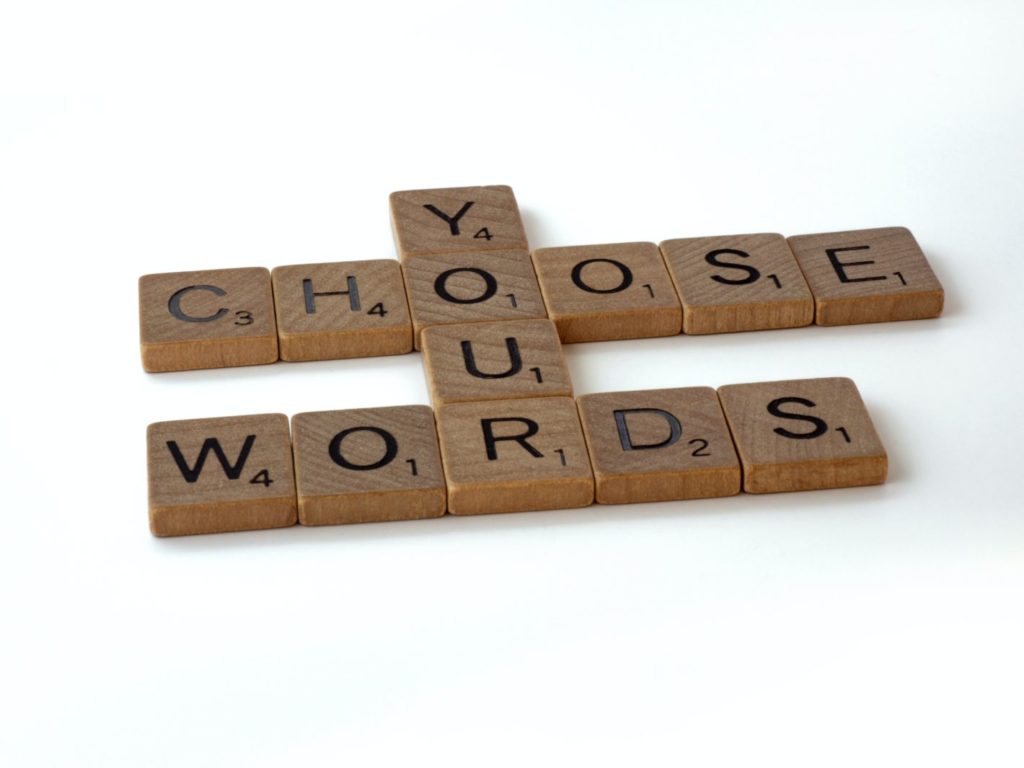They also need a vacation, the words, a break to return to work with a fresh mind.
They too have worn themselves out in complicated months: they have worked overtime to try to express the complexity that dwells around and within us, they have struggled to capture the new normality that has replaced the old and more comfortable one, at least in the nostalgic way we remember it. Some have worn out and are uttered as automatically as they are dull: the range from "I'm tired" to "I feel exhausted" to "I'm looking forward to the vacations" can no longer be heard coming out of our mouths.

"I can't stand the mask anymore," the words on the screen have worn out, as if it were the mask that is extra, and not that from which it defends us. Others have become - in August - neurasthenic, loaded like mines about to explode. The more the tension in the atmosphere grows, the more the words we throw at each other risk doing harm, like weapons that in an instant produce debris, heavy to eliminate. They are words that, a moment before the deflagration, should be defused with words of care. "You don't listen to me when I speak!", "I can't stand you anymore" are words with double meaning, accusations that contain other sentences: "tell me you understand me, confirm it to me, please".
The words of public life have been soaked up, the words of politics (brawls, ultimatums, decisive turning points, I will resign if I have to, health dictatorship...), but also the words of private life, in the living room or in private chats, where the more one gets tired, the more misunderstandings are sown.
So we should also give them some time off: a good silence to recover them healthier, a vacation to find (invent?) new ones.
We always need novelty and the unexpected, and our words are no less. If they become obvious, they betray us. Obvious are those we resort to without having chosen them, that we pick up just like that, a bit at random, in the street, where others have used them and dropped them. In this way they do not fully correspond to us, they homologate us, we all come out the same. How horrible. Because not only do they not know how to convey the truth about us, that is, our uniqueness, but they don't even help us to formulate an original thought.
It is an everyday experience: words communicate our thoughts, but they also generate them. If they are banal, they generate equally banal thoughts, they mimic nothingness. One might object: well, if we all use the same words, we could be more understandable, and so we could understand each other better. Here's the rub: it's like opting for a plastic cup instead of a crystal glass for a good red wine. A bit like 'teacher' being undermined by 'influencer', or 'disciple' being squashed by 'follower', or 'amazement' becoming 'fliiiiiiipo' repeated like a silly exchange.
The revolutionary things that have happened to us (res novaeThe new discourse, as the Latinos used to say, and which have left us a bit bewildered, need a new discourse, new words. In the 1970s, a certain Grice identified four conversational maxims for a discourse capable of establishing good relationships. The first is quantity: don't say too much or too little; then comes quality, almost synonymous with sincerity: find a way to say what you think; the third is relationship: there must be relevance in what you say, stick to the facts; finally, form: be clear, don't speak in riddles or in hints.
Thus, these "ecological" vacations for our words, between silence (our own) and listening (to others), to the rhythm of four simple maxims, could be good for our words, and therefore for us.
We could meet again at a younger age.
Degree in Classical Literature and PhD in Sociology of Communication. Communications Director of the AVSI Foundation, based in Milan, dedicated to development cooperation and humanitarian aid worldwide. She has received several awards for her journalistic activity.







